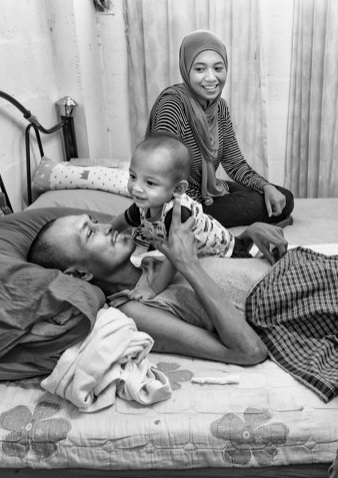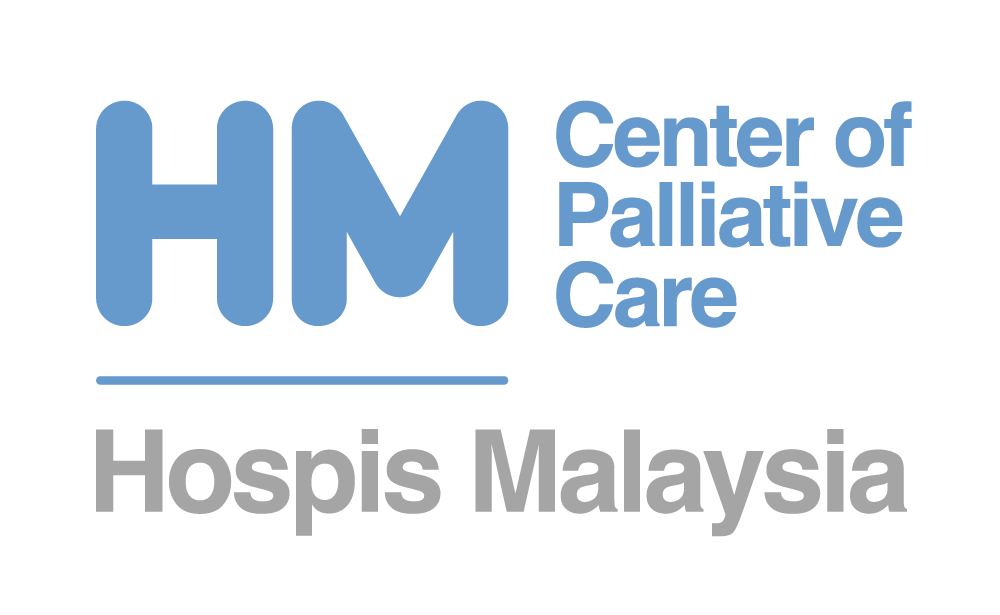“An approach that improves the quality of life for patients and their families facing problems associated with life-limiting illnesses, through the prevention and relief of suffering…and treatment of pain and other problems, physical, psychosocial and spiritual.” World Health Organisation (WHO, 2002)
Research has shown that more people are being diagnosed with non-communicable diseases and will require quality, evidence-based care that focusses on managing symptoms and providing psychological and spiritual support. This is the core of the palliative care philosophy.
Every year, 35 million* people die from chronic life-limiting illnesses. If we include family members and caregivers, the number of people who would benefit from palliative care rises to 100 million*. Of these, less than 8% have access to palliative care. This is due to many factors, including: lack of palliative care policies at national level, lack of trained personnel, lack of funding, and reduced access to medication.
*Worldwide Hospice Palliative Care Alliance (WHPCA)
MYTH #1
Having palliative care means you will die soon.
FACT
Palliative care is for everyone, in any stage of a life-limiting illness. It is a holistic approach that includes caregiver support, spiritual care, bereavement and much more.
A 2010 study published in the New England Journal of Medicine showed that lung cancer patients who had palliative care, in addition to standard treatment, lived an average of nearly three months longer than those who did not. Their quality of life was better, with a 50 percent lower rate of depression even without the use of antidepressant medication.
MYTH #2
I can only get palliative care at a hospital.
FACT
Patients can receive treatment for palliative care at hospitals, hospices and even at home.
MYTH #3
Palliative care is just nursing care
FACT
Palliative care is delivered by a multidisciplinary team of experts which includes doctors, nurses, counsellors, social workers and volunteers, who are trained to respond to the needs of people with life-limiting illness.
MYTH #4
Palliative care is generally just for old people.
FACT
Palliative care is for people of all ages. Children and young adults unfortunately may also be afflicted by life-limiting illnesses such as cancer, organ failure and certain degenerative neurological conditions. These patients could greatly benefit from palliative care.

